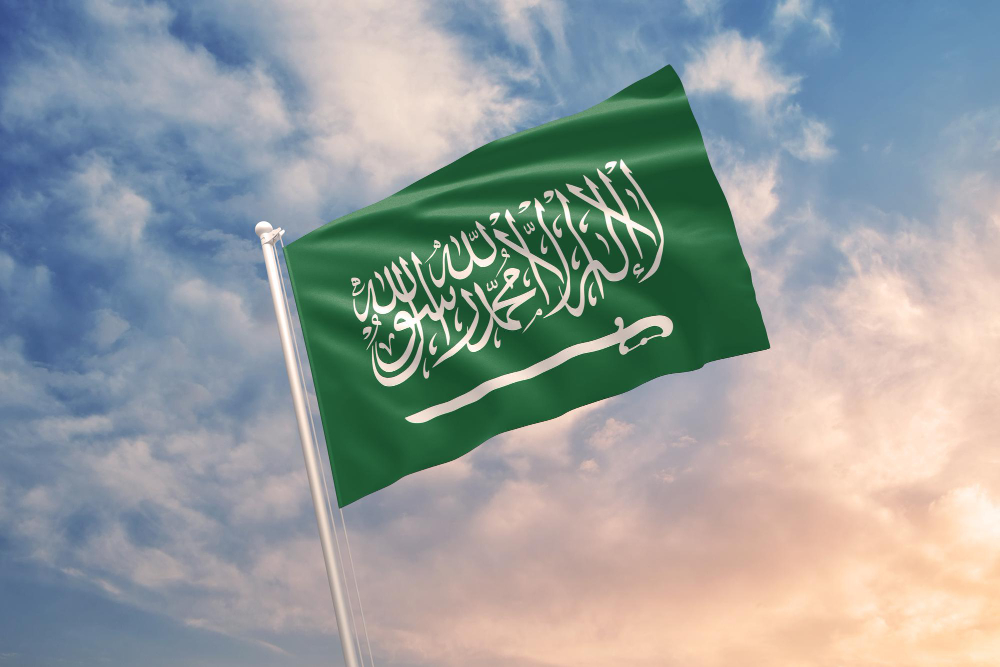
Saudi Arabia is steadily emerging as a high-potential medical tourism destination, particularly for patients from the Gulf region, North Africa, and parts of Asia. Its combination of advanced healthcare infrastructure, generous government funding, and a strong commitment to patient care positions it as a serious alternative to more established Western medical hubs. With cities like Riyadh, Jeddah, and Dammam leading the charge, the Kingdom is home to modern hospitals equipped with the latest technologies, highly trained medical staff, and centers of excellence in various specialties.
The country blends traditional values with cutting-edge healthcare innovation. Known for its deep cultural and religious ties to wellness, Saudi Arabia is investing heavily in its healthcare sector under Vision 2030—a strategic plan that includes making the Kingdom a global destination for health and wellness. These efforts are reflected in a growing number of international accreditations, infrastructure enhancements, and a rapidly expanding private healthcare sector that caters to medical tourists.
Saudi Arabia excels in a range of specialties, including cardiology, oncology, organ transplantation, fertility treatments, cosmetic and reconstructive surgery, and robotic-assisted surgeries. Major public and private hospitals offer high-quality diagnostic and surgical procedures, often at lower costs compared to Western nations. The Kingdom has also made strides in orthopedics, ophthalmology (e.g., LASIK and cataract surgery), dental implants, bariatric surgery, and dermatological treatments.
What differentiates Saudi Arabia is its government-funded healthcare model paired with private sector innovation. Many physicians are Western-trained, and top-tier hospitals maintain affiliations with international medical institutions. Advanced radiology, precision medicine, and AI-assisted diagnostics are increasingly common, making Saudi Arabia’s offerings competitive on a global scale.
Saudi Arabia is well-connected to the world through major airports like King Khalid International Airport (Riyadh), King Abdulaziz International Airport (Jeddah), and King Fahd International Airport (Dammam), all of which provide visa facilitation services for medical tourists. The Saudi eVisa system simplifies travel for eligible nationalities, while medical visas are available for patients who require long-term care.
International patients often receive dedicated support through concierge programs that provide airport pickup, translation services, and transportation between hospitals and accommodations. Multilingual staff—especially English- and Arabic-speaking professionals—ensure smooth communication. Cultural and religious considerations are prioritized; hospitals offer gender-segregated care options, halal-certified meals, and prayer spaces, providing comfort and dignity for all patients.
In addition, Saudi Arabia’s rich Islamic heritage and luxury hospitality sector allow patients to combine treatment with spiritual and wellness experiences, including visits to historic sites or rest at high-end resorts and spas.
Saudi Arabia’s Ministry of Health strictly regulates healthcare operations, setting high standards for licensing, training, and patient safety. Several hospitals in the Kingdom are Joint Commission International (JCI) accredited, and patient rights are legally protected under national healthcare regulations.
Infection control, data confidentiality, and digital medical records are becoming standard practice. Hospitals provide comprehensive follow-up care, with remote consultations and dedicated recovery plans often available. For procedures like cancer care or major surgeries, some facilities also offer on-site physiotherapy, mental health support, and rehabilitative services. Additionally, patients benefit from legal recourse mechanisms and ombudsman support in the event of complaints or malpractice issues.
Saudi Arabia is rapidly gaining global attention as a destination where modern medicine meets cultural compassion. Its strategic investments in healthcare, patient-centered environment, and strong medical capabilities make it a compelling choice for international patients. Whether seeking complex treatment or elective surgery, patients will find in Saudi Arabia a harmonious balance of quality, safety, comfort, and care.
Q1: Why choose Saudi Arabia for medical tourism?
Saudi Arabia offers advanced medical care, modern hospitals, and affordable prices.
Q2: What treatments are popular in Saudi Arabia?
Cosmetic surgery, cardiology, fertility treatments, orthopedics, and cancer care.
Q3: Are the doctors well-qualified?
Yes, many doctors are internationally trained and fluent in English.
Q4: Do hospitals in Saudi Arabia have international accreditations?
Yes, several hospitals are JCI-accredited and follow global standards.
Q5: Is English spoken in hospitals?
Yes, English is commonly spoken by medical staff in private hospitals.
Q6: What is the visa process like for medical tourists?
You can apply for an eVisa or a medical visa, depending on your case.
Q7: Are there special services for international patients?
Yes, hospitals offer airport pickup, translation, and personal care support.
Q8: Are cultural and religious needs respected?
Yes, hospitals provide halal food, prayer spaces, and gender-sensitive care.
Q9: Is follow-up care available?
Yes, hospitals offer recovery plans, remote consultations, and rehab.
Q10: Is Saudi Arabia safe for medical travelers?
Yes, the country enforces strict health regulations and patient protections.